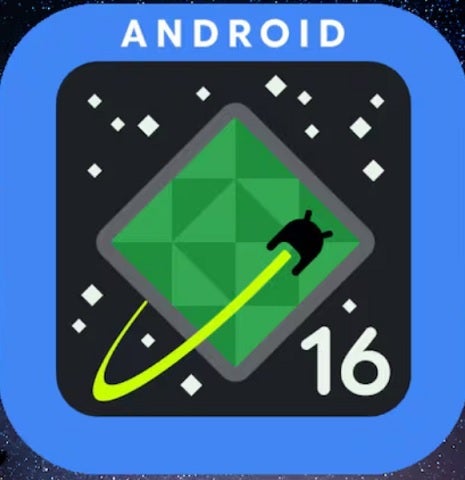Hello and welcome back to TechCrunch Space. Is it just me, or is the news cycle only accelerating this summer?!
Want to reach out with a tip? Email Aria at [email protected] or send a message on Signal at 512-937-3988. You also can send a note to the whole TechCrunch crew at [email protected]. For more secure communications, click here to contact us, which includes SecureDrop instructions and links to encrypted messaging apps.
SpaceX’s Falcon 9 rocket is the most reliable launch vehicle in history, but even the greats have an occasional miss. That’s what happened last Thursday evening, when the rocket’s second stage suffered a catastrophic error on orbit during a routine launch of a batch of Starlink internet satellites.
This is the story of the week because it’s just so remarkable, and also because solving the issue may impact two important upcoming human space missions: Polaris Dawn, the private mission funded by billionaire Jared Isaacman that’s due to launch at the end of July, and an astronaut transportation launch for NASA in mid-August. No doubt SpaceX will be back to launching quickly.
When early SpaceX engineer Bulent Altan and long-time investor Joram Voelklein surveyed the European space sector at the end of the 2010s, they were surprised: It looked a whole lot like the beginnings of American NewSpace in the early 2000s, when SpaceX and other companies were just setting up shop.
The pair decided to go in early on a personal investment in German launch startup Isar Aerospace, but they also considered making a bigger play to more fully grasp the huge opportunity to help grow the space sector in both the U.S. and Europe. To do that, they established Alpine Space Ventures in Munich, Germany in 2020. Four years later, and after two years of fundraising, they closed their first $184 million (€170 million) fund — the largest first-time VC fund dedicated to space globally.

Launch of the week
Go, Ariane 6, go! Europe’s newest heavy-lift rocket took to the skies last week, with the flight going nearly flawlessly until the upper stage experienced an anomaly on orbit. The good news is that the anomaly occurred after all the satellites were deployed, and European Space Agency officials were crowning it a success. I wrote about the stakes of bringing Ariane 6 online last week prior to the launch.

I finally watched Ashlee Vance’s “Wild Wild Space,” a new documentary that will be appearing on HBO on July 17. I must say, it is very, very fun viewing. If you have a spare 90 minutes this week, I highly suggest sitting down with a bowl of popcorn and watching it for yourself.



